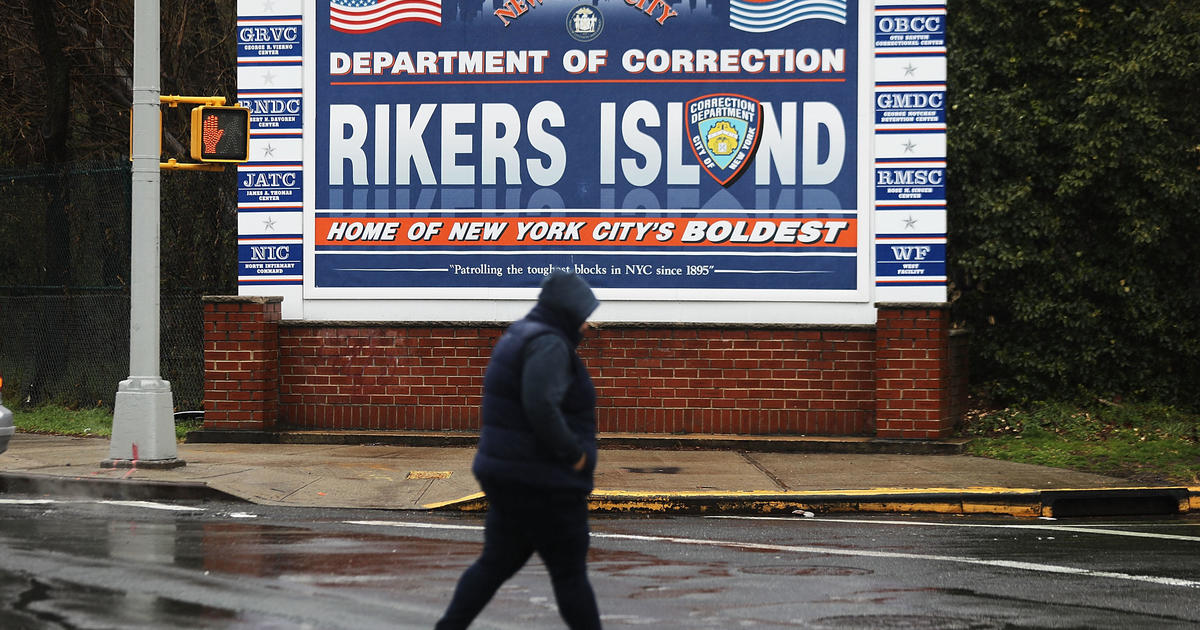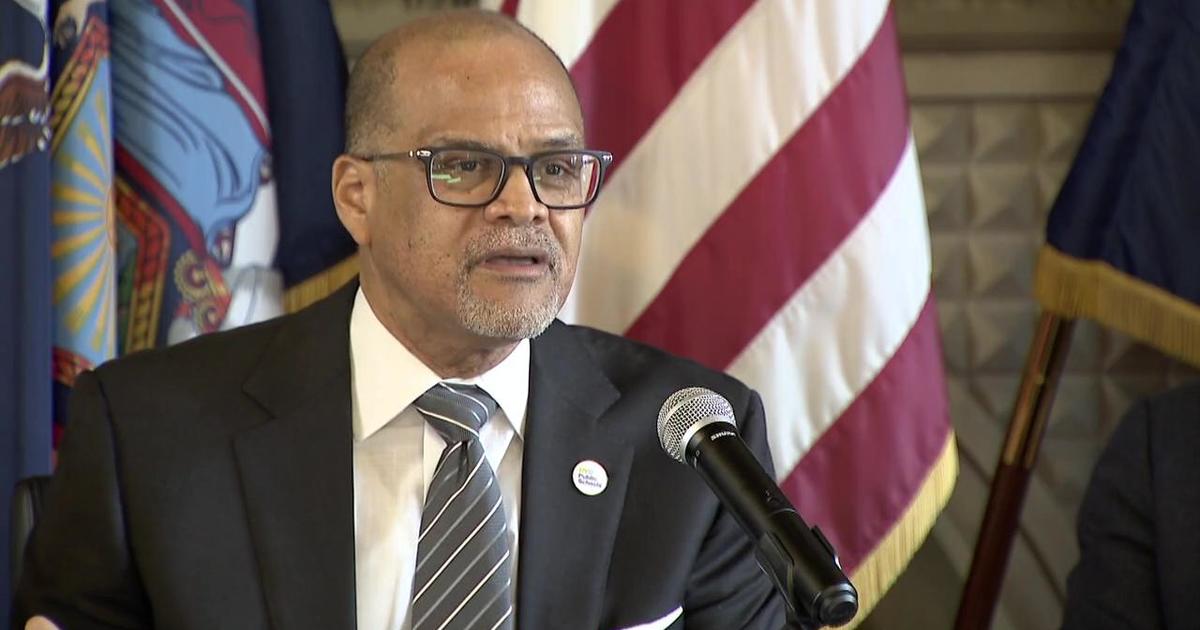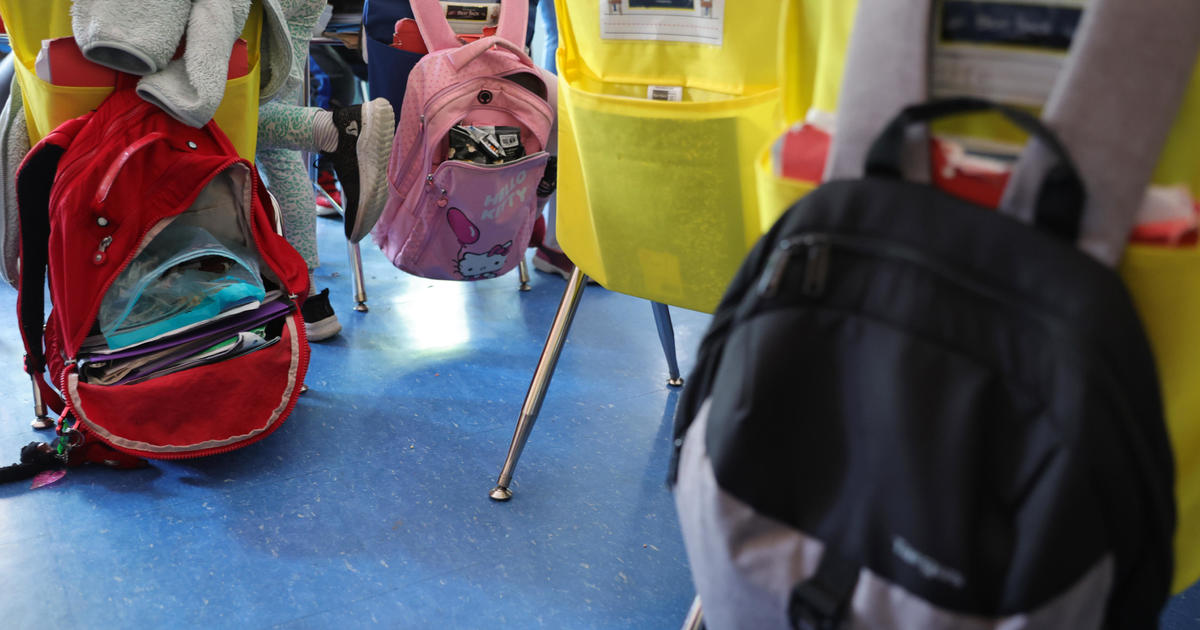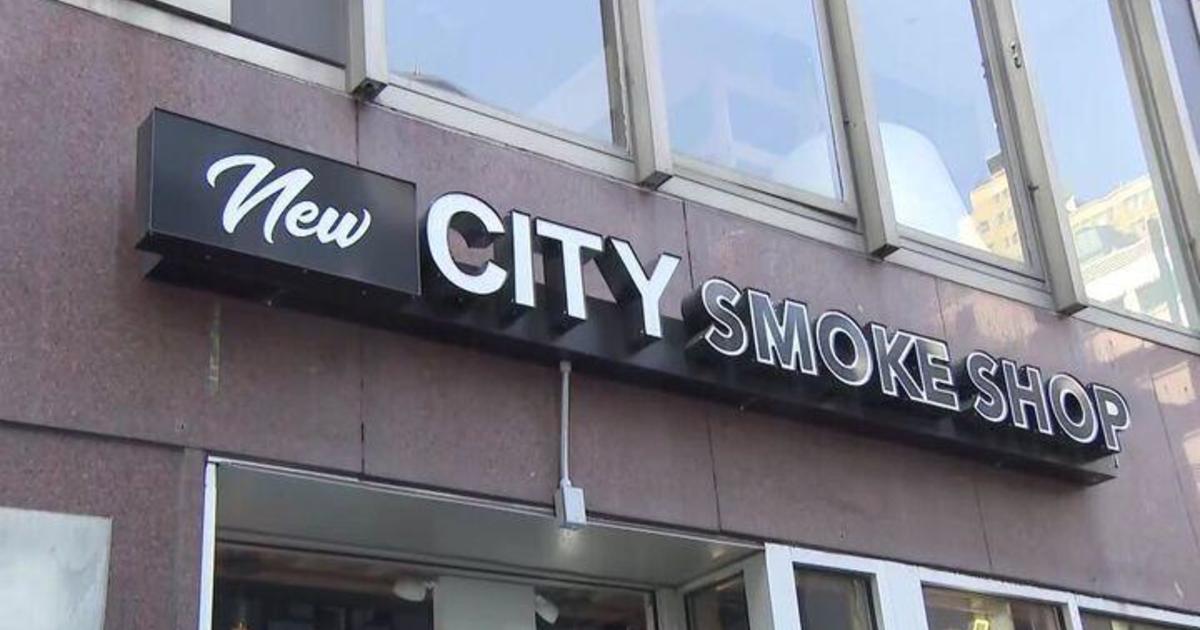About 1,200 NYPD Officers Getting Body Cameras At End Of The Month
NEW YORK (CBSNewYork/AP) — The New York Police Department is set to deploy the first body cameras to officers after resolving some of the thorniest issues on when to switch on the camera, how long to keep the tape and when to tell the public they're being recorded.
About 1,200 officers in 20 precincts who work the evening shifts around the city will get the cameras starting at the end of the month. The first to get them will be officers in the 34th precinct in Washington Heights, WCBS 880's Rich Lamb reported.
As CBS2 Political Reporter Marcia Kramer explained the 34th precinct doesn't lead the city -- by any means -- in civilian complaints, but it is a leader in neighborhood policing. That's why it was selected.
The pilot program was ordered by a judge following a 2013 ruling that officers were wrongly targeting black and Hispanic men with its stop-and-frisk program. At the time, few police departments used body cameras.
Their use has since exploded around the country following a string of killings of unarmed blacks by police and the ambush killings of officers in New York City, Dallas and Baton Rouge, Louisiana. Both officers and citizens have said cameras could help de-escalate situations that lead to violence.
"The NYPD has worked incredibly hard to build meaningful relationships between New York City's communities and the officers who protect them," said Police Commissioner James O'Neill. "Not only will body-worn cameras enhance transparency and accountability, they will further improve the trust that continues to grow in these relationships."
The NYPD's deployment had been on hold following a lengthy process to choose the camera company and storage and questions on how they would work.
The department sought public comment through a questionnaire and worked with New York University's Policing Project to analyze the results. Some 25,000 people, plus 5,000 police officers, responded anonymously, and NYPD officials made changes based on the outcome.
Ninety-two percent of those surveyed said NYPD officers should use body cameras, and 73 percent said they believe the devices will improve police-community relations.
Public response was disproportionately white relative to the city's population, police officials acknowledged. But the report found that on many key questions, there was little difference in response by race.
"I think this shows that the public can have a voice in policing," said Barry Friedman of NYU's Policing Project.
One change based on the results was to alert civilians they are being recorded.
"New Yorkers ... really want to be told they're being recorded," assistant deputy commissioner Nancy Hoppock said. "And officers really don't want to tell them."
Police won't record every interaction — even though the public would prefer it — because there's not enough storage capability and it would bump up against privacy laws and could stop witnesses from coming forward.
According to the proposal, which must be approved by a federal monitor, officers will turn on their cameras for arrests, summonses, vehicle stops, interactions with crime suspects, interactions with a mentally unstable person who is violent, or when using force. They record property searches. They won't record demonstrations unless there is a crime or other enforcement.
The tapes will be kept for a year and the footage released publicly only in certain cases.
The body-worn cameras must be shut off when dealing with sex crime victims, confidential informants, as well as at internal meetings.
"The proposed procedures announced today have been shaped by the input of New Yorkers, police officers, civil rights advocates and law enforcement from around the country," Mayor Bill de Blasio said in a statement. "These protocols will guide a new day of policing in New York City that will further bolster the atmosphere of transparency and accountability that has grown in recent years, helping us continue to keep New York City the safest big city in the country."
"The view is that having the camera on the officer leads both officers and the public to temper their relationships to act more calmly," Friedman said.
Lawyers on the federal stop-and-frisk case, who are working with the NYPD, said the policy creates too much confusion on when to record.
"Making a call to turn on a camera in the heat of the moment is much more burdensome for officers," said attorney Darius Charney. "Just turning on the camera at the beginning is a much more straightforward approach."
Officers will receive a day of training, and the order will be revised as the department gets feedback and does its own study using a yearlong comparison to officers without cameras.
De Blasio has said he wants all 23,000 of its patrol officers outfitted with cameras by 2019.
On Friday, unions representing detectives, captains, and lieutenants said they'll go to court to stop the program. The NYPD said that while the unions have the right to sue, their intention is to move forward unless stopped by a judge.
A spokesman said the unions were invited to participate in shaping the policy.
(© Copyright 2017 CBS Broadcasting Inc. All Rights Reserved. The Associated Press contributed to this report.)



